Finding the Right Stone Flooring
Natural Stone flooring is a wonderful choice for Florida homes. Not only is its cool temperature perfect for withstanding the heat and humidity, it also adds a feeling of luxury that’s hard to find in other materials. It is eco-friendly, as it is mined from the earth in various locations around the globe, and today’s selection offers fantastic variations in color and quality. But with so much variety, how do you choose? Where do you even start?
We thought we’d simplify it for you. Read on to learn more about stone flooring and which kind might be right for your home.
Natural Stone Flooring Types: Pros and Cons
The main types of natural stone flooring are Travertine, Granite, Marble, Sandstone and Slate.
Travertine has been used for centuries and can still be seen in the Colosseum in Rome. It can be confused with marble or limestone, although it is neither.
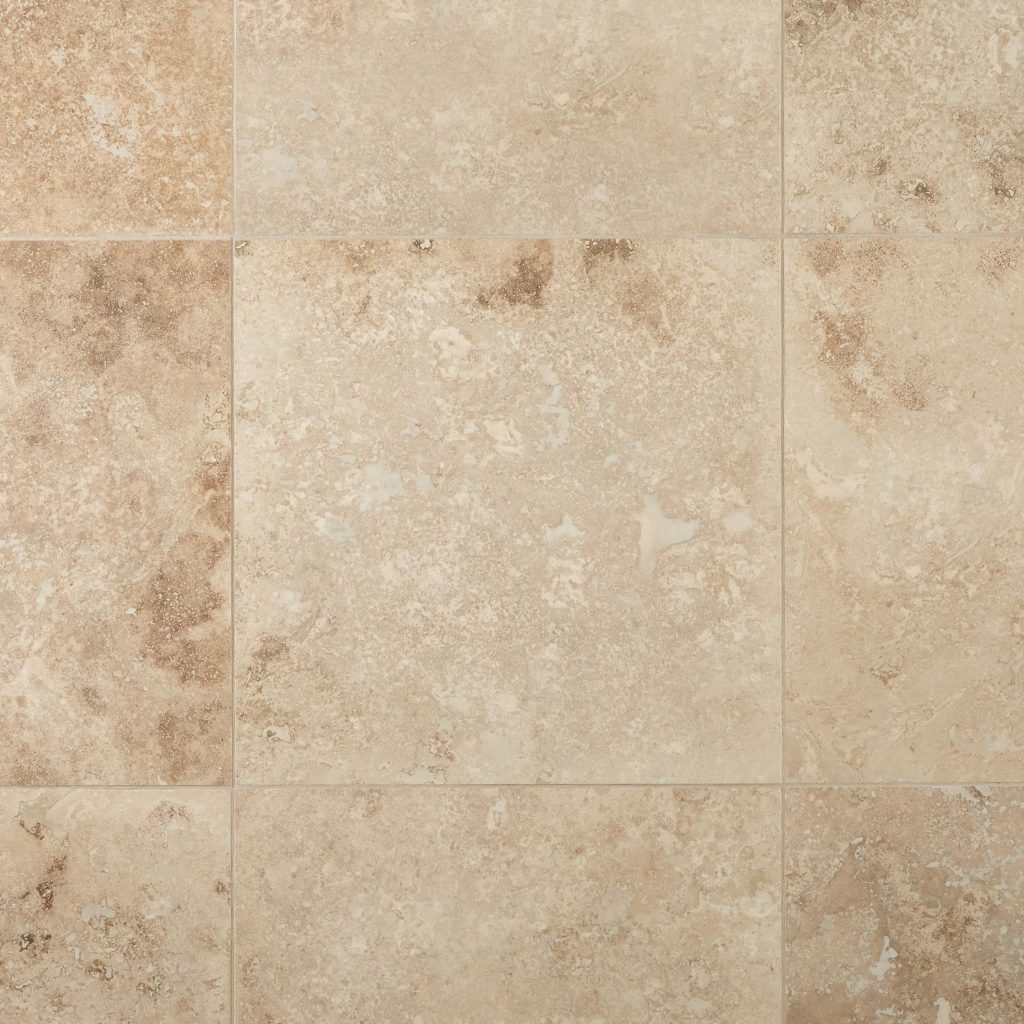 Travertine is a sedimentary rock composed of calcite, and as such it’s a good bit softer than its limestone kin. It’s nearly impossible to keep a shine, but once it settles into its native, matte finish, few materials offer the warmth that travertine does.
Travertine is a sedimentary rock composed of calcite, and as such it’s a good bit softer than its limestone kin. It’s nearly impossible to keep a shine, but once it settles into its native, matte finish, few materials offer the warmth that travertine does.
Pros: Wild variety of patterns and colors, feels soft underfoot, good for high-traffic area, easy to replace, can easily tolerate weather fluctuations.
Cons: Has a tendency to scratch and stain, and it’s a porous stone – you may want to seal it.
Granite is rated as the hardest natural stone. It is formed over millions of years from the crystallization of magma under intense heat and pressure below the earth’s surface. The compression creates a light-colored rock with grains large enough to be visible to the naked eye. Each piece is unique.
It is tops for holding a shine or repelling water. On the downside, the shine and hardness make it an unforgiving surface despite its beauty.
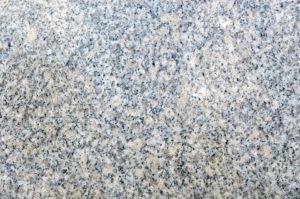
Pros: Beautiful colors, highly resilient, hard to damage, can be used indoors or out.
Cons: Can seem rather cold, can be stained by olive oil or vegetable oil so kitchen spills should be avoided.
Marble is created from limestone or dolomite that have been formed by great heat and pressure over time, turning it into a crystalline structure.
 In days of old, kings and royalty demanded marble floors. Today, marble floors are available to anyone wanting a classic elegance.
In days of old, kings and royalty demanded marble floors. Today, marble floors are available to anyone wanting a classic elegance.
It is harder and more resilient than travertine but it does need some extra attention. Marble benefits from professional sealing, and it’s better left with a honed finish (meaning the surface of the stone has been ground to a smooth, flat, consistent surface).
Pros: Beautiful patterns and colors, highly resilient.
Cons: Absorbs water, so be careful using it outdoors. Prone to stains and scratches.
Sandstone is like Limestone as it is a sedimentary rock formed by the buildup of sand, clay, and other organic materials creating a softer, more porous stone.
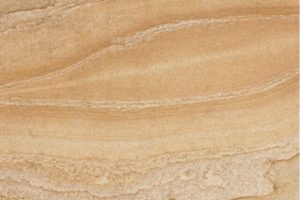 The wild color variations of other stones aren’t as common with sandstone so it’s easier to find consistent earth-tones in this material. That said, is can exhibit fascinating bands of color, some even resembling woodgrains.
The wild color variations of other stones aren’t as common with sandstone so it’s easier to find consistent earth-tones in this material. That said, is can exhibit fascinating bands of color, some even resembling woodgrains.
Pros: Extremely resilient, durable, great for both indoor and outdoor rooms, broken tiles can easily be replaced.
Cons: Minimal color options, can be worn down by sand and abrasives, slippery when wet, can scratch easily – you may want to seal this tile.
Slate is a sedimentary stone composed of shale and quartz which naturally forms into thin horizontal layers that splits into thin sheets.
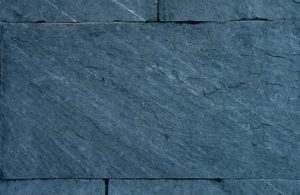 It is a desirable type of stone flooring due to its rustic and more relaxed feel. It’s a favorite for outdoor tile and paver applications. Its textured surface makes it well suited for areas such as pool decks, kitchens, or entryways where water may create a slip hazard.
It is a desirable type of stone flooring due to its rustic and more relaxed feel. It’s a favorite for outdoor tile and paver applications. Its textured surface makes it well suited for areas such as pool decks, kitchens, or entryways where water may create a slip hazard.
The density of a given slate relates directly to its cost. The denser it is the less likely it is to flake and fall apart.
Pros: Tends to be dark; highly resilient, durable, high quality slate is naturally slip and stain resistant.
Cons: Can crack or chip under high impact, recommended to be installed by a professional (be sure to figure installation into the final cost).
Summary
We believe stone flooring is an excellent choice for Florida homes and that the pros outweigh the cons. Whether used inside or outside, their beauty and long-lasting quality add value to the home, and the design possibilities are practically limitless.
HANDY TIP: When ordering stone tile, be sure to order enough material for the entire project, plus extra. Natural stone varies drastically from batch to batch, and you want to ensure that all the tiles you order are the closest match possible in both color and pattern (such as veins). The extra tile will come in handy should you need to do any repairs down the road.
If you’re reading this article and you still haven’t decided on the type of flooring that is right for you, check out How To Choose the Right Flooring for Your Home.
If you’d rather not go it alone and would like some help with these decisions, we offer a Design Build package. This covers the design portion of your construction project. You work directly with our Dream Design Team who will assist you with all your choices and decisions. Call 727-596-9006 today.
Nelson Construction and Renovations, a family business founded in 2006, is a design-build company that specializes in high-end remodels, home additions, and custom homes. With our headquarters in Clearwater, Florida, we serve homeowners all over Pinellas and Hillsborough Counties. We are an award-winning member of the National Association of the Remodeling Industry and have an A+ rating with the Better Business Bureau.
Creative Commons Attribution: Permission is granted to re-post this article in its entirety with credit to Nelson Construction and a clickable link back to this page
"Reliable, Licensed & Insured Building Contractor"
For A NO Obligation Design Consultation
Contact Us

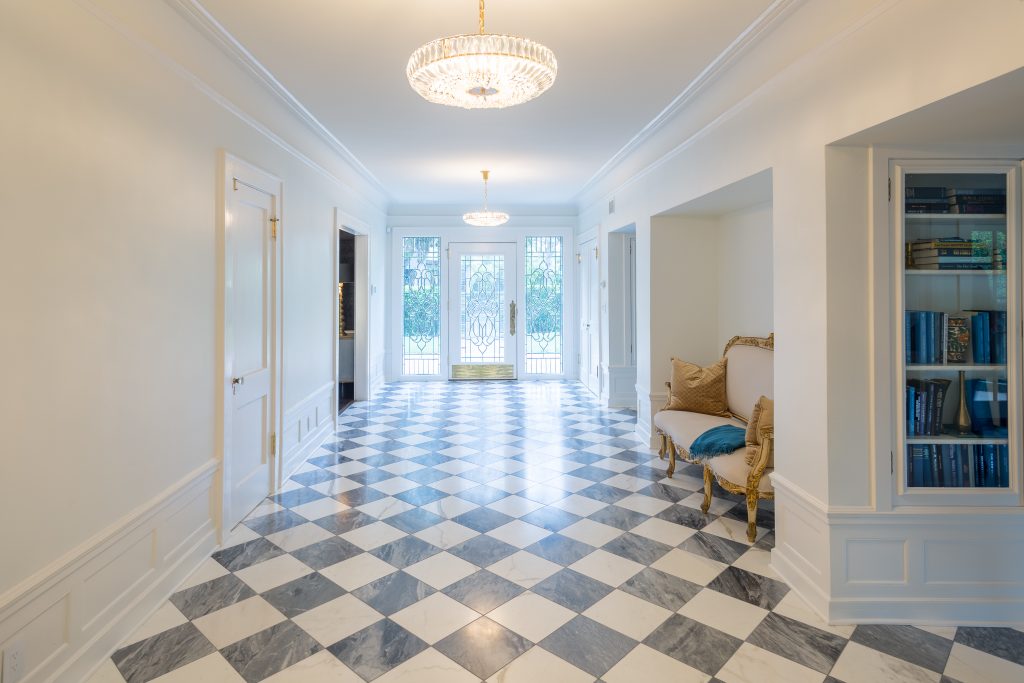

 Loading
Loading 





